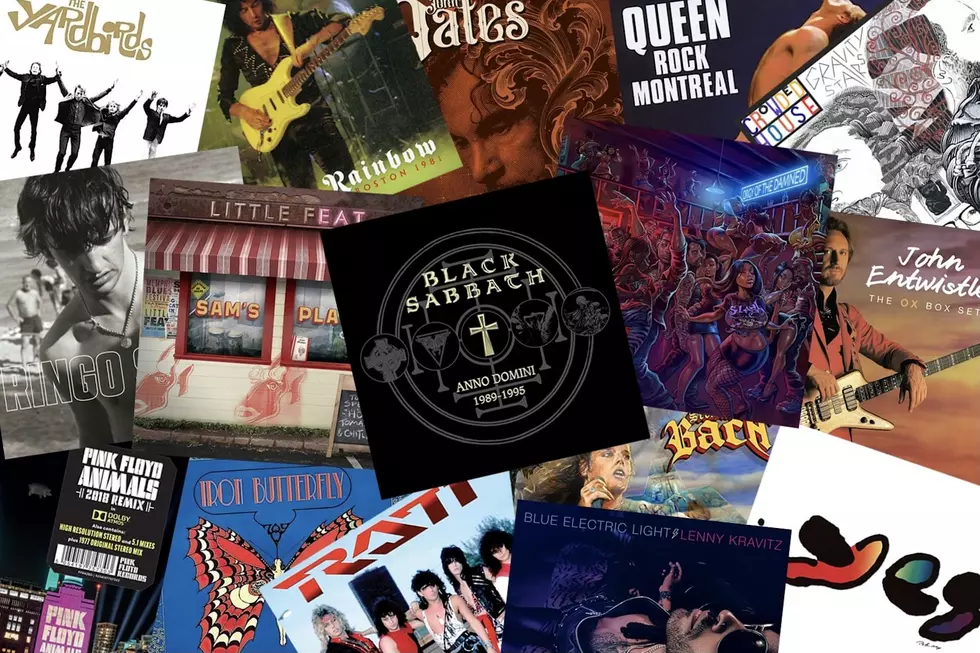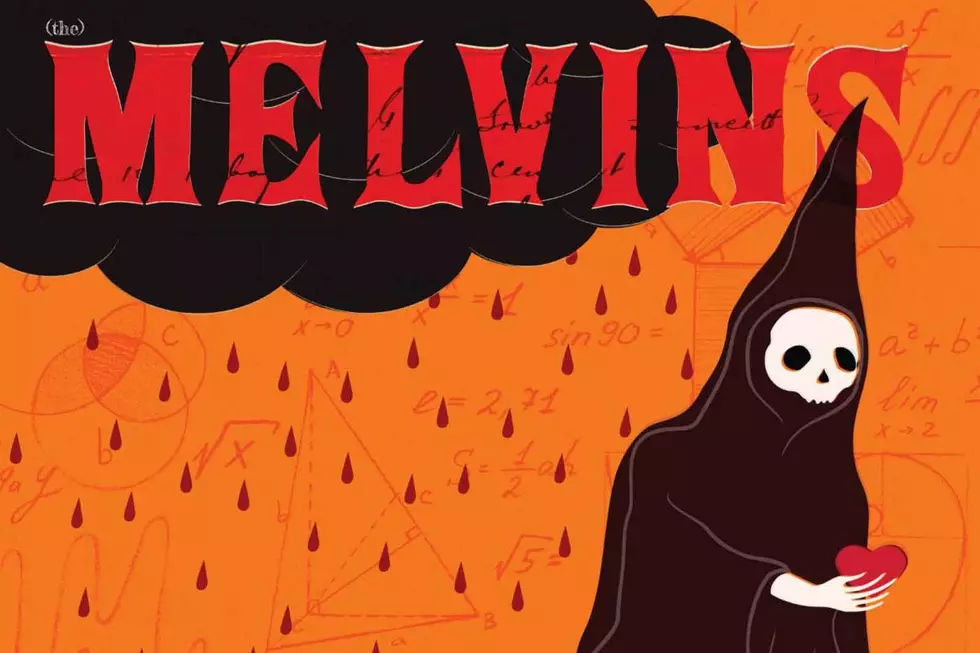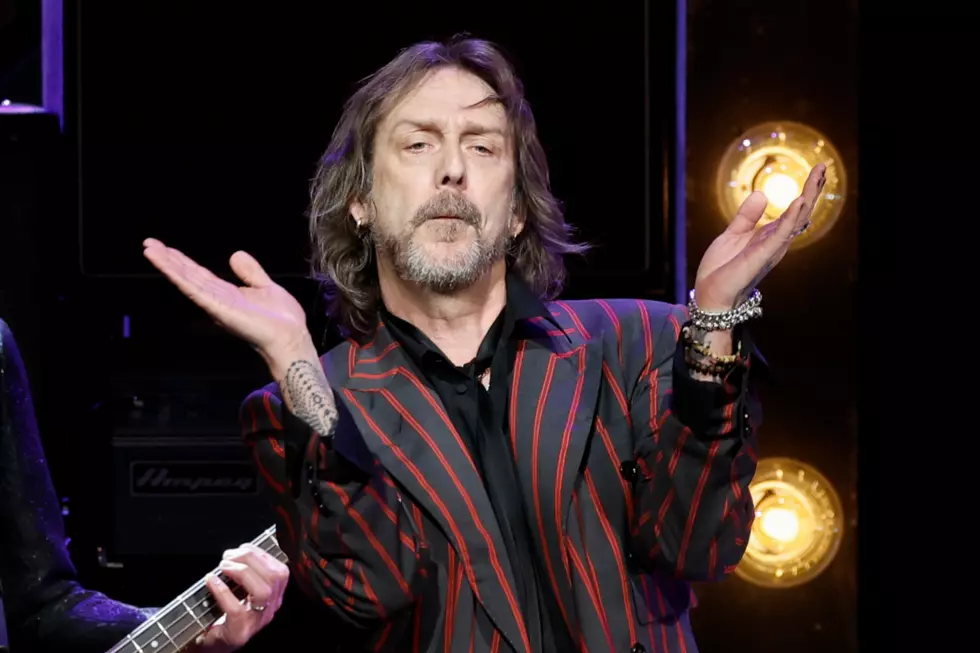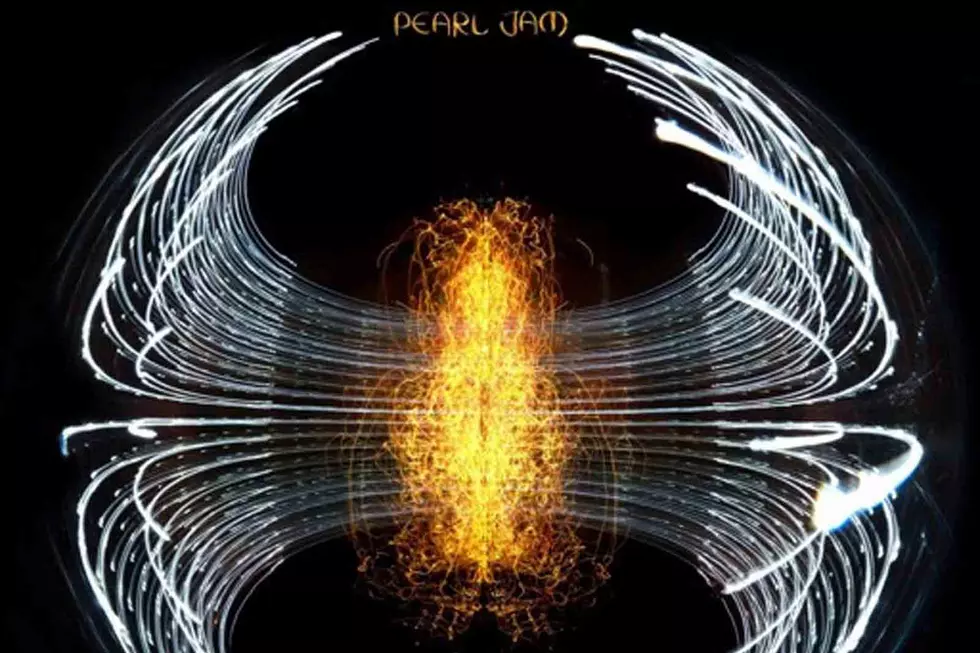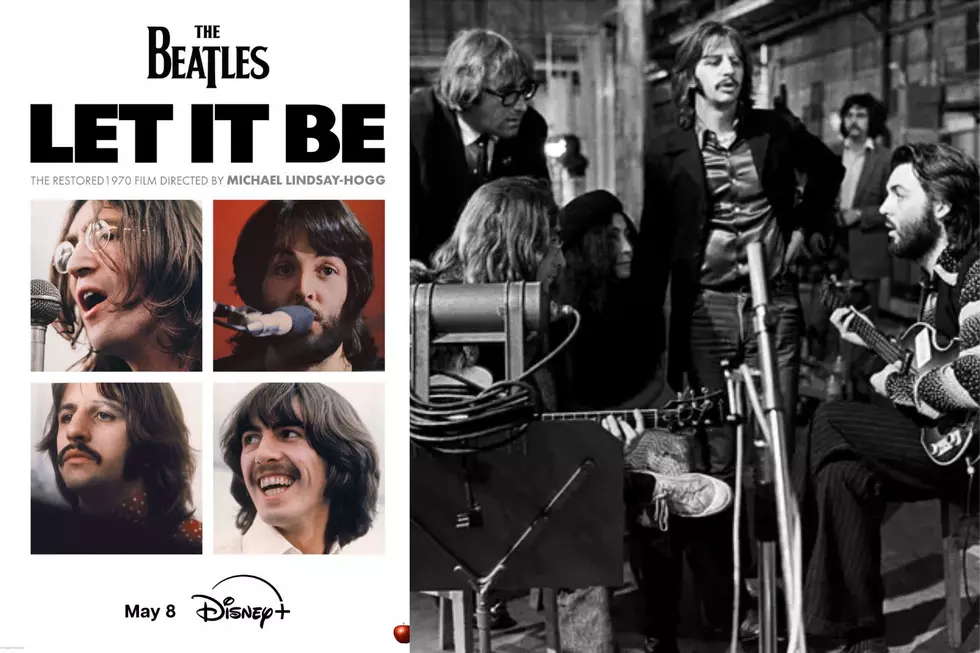
Phil Woods, Saxophone Legend, Dies at 83
One of the most celebrated jazz alto saxophonists of the past 60 years, Phil Woods, has died at the age of 83. In addition to his career as a bandleader, he also played on classic songs by Billy Joel, Paul Simon and Steely Dan.
According to the New York Times, Woods died on Sept. 29 from complications caused by emphysema in East Stroudsberg, Pa. His last concert was earlier this month in Pittsburgh, where he, along with the Pittsburgh Symphony Orchestra, paid tribute to the Charlie Parker With Strings album. He performed with an oxygen tank by his side, and, before the last song, announced that he was retiring.
It was a fitting end to Woods' career, given that he was called "the new Bird" early in his career, a reference to Charlie "Bird" Parker, a major influence on Woods. He was also mentored by Parker's former bandmate, Dizzy Gillespie, and was even married Parker's widow, Chan, for nearly 20 years.
Though he had dozens of albums under his own name beginning in 1954 -- four of which won Grammys -- and nearly countless more as a sideman, Woods is known primarily to classic-rock fans for his solos on three songs in particular: Steely Dan's "Doctor Wu," Paul Simon's "Have a Good Time" and Billy Joel's "Just the Way You Are." The last two were produced by Phil Ramone, a classmate from Woods' days at New York's Juilliard School.
Born in Springfield, Mass., on Nov. 2, 1931, Woods began playing saxophone at the age of 12 after inheriting one from his uncle. After studying at Juilliard, he got one of his biggest breaks in the mid-'50s when Quincy Jones brought him out on tour with Gillespie. But by the late '60s, he had been reduced to playing jingles and other session gigs, and moved to France, where he began playing more experimental music as the leader of the European Rhythm Machine. A return to the U.S. in 1973 rebooted his solo career, and, starting in 1975, was named the Top Alto Sax player in Downbeat's annual readers' poll nearly 30 times.
Woods was named a Jazz Master by the National Endowment for the Arts in 2007. "Jazz will never perish," he said at the time. "It's forever music, and I like to think that my music is somewhere in there and will last, maybe not forever, but may influence others."
Remembering Other Artists We've Lost in 2015
This Day in Rock History: September 30
More From Ultimate Classic Rock

